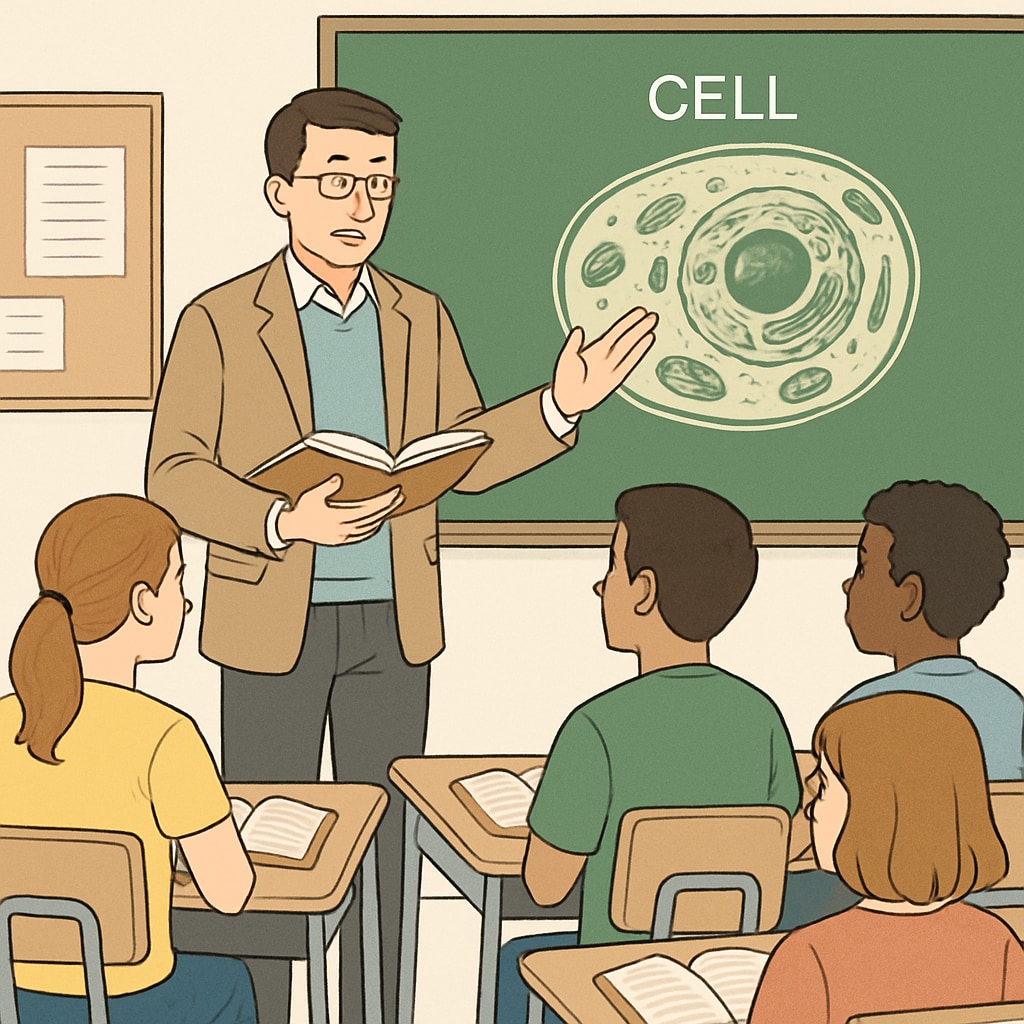The transition from a biology degree to a master’s in education represents a fascinating career transformation. This journey combines scientific rigor with the art of teaching, opening doors to fulfilling roles in education. By examining interdisciplinary advantages, preparation strategies, and career potential, this article provides a roadmap for biology graduates considering the shift to education.
Why Transition from Biology to Education?
For biology graduates, the field of education offers unique opportunities to apply scientific knowledge while shaping young minds. The analytical skills developed during biological studies—such as critical thinking, data interpretation, and problem-solving—are highly transferable to educational roles. Additionally, STEM (Science, Technology, Engineering, and Mathematics) educators are in high demand, making the pursuit of a master’s in education not just feasible but also strategically beneficial.
Moreover, transitioning into education allows biology graduates to inspire the next generation of scientists and foster a deeper appreciation for the life sciences. This career shift is ideal for individuals passionate about both science and teaching, blending the two into a meaningful vocation.

Steps to Prepare for the Transition
To transition successfully, biology graduates must address several key areas of preparation:
- Academic Prerequisites: Many master’s in education programs require foundational coursework in education or teaching. Prospective applicants can take prerequisite courses online or at community colleges.
- Teaching Experience: Gaining hands-on experience, such as volunteering as a tutor or teaching assistant, can strengthen applications and provide a clearer understanding of the teaching profession.
- Entrance Exams: Some programs may require standardized tests like the GRE. Preparing for these exams is essential to meet admission requirements.
- Letters of Recommendation: Building relationships with professors or employers who can vouch for your academic abilities and teaching potential is crucial.
In addition, researching programs that emphasize STEM education can help biology graduates find curricula tailored to their background and career goals.
Career Opportunities After Earning a Master’s in Education
A master’s in education opens the door to diverse career paths. Here are some potential opportunities:
- High School Biology Teacher: Share your expertise in biology with students, inspiring them to pursue careers in science.
- Curriculum Developer: Design innovative science curricula that integrate hands-on learning and technology.
- Educational Consultant: Advise schools or organizations on improving STEM education quality and accessibility.
- Higher Education Roles: With additional qualifications, you could teach at the college level or conduct research in education.
The demand for STEM educators is expected to grow, as highlighted by organizations like the National STEM Education Center. This ensures job security and the potential for professional growth.

Interdisciplinary Benefits of a Biology-Education Combination
Combining biology and education creates a unique interdisciplinary advantage. Educators with a solid foundation in science can bridge the gap between theory and practice, making complex concepts accessible to students. Additionally, this combination fosters innovation in teaching methods, particularly in integrating technology and active learning strategies.
For example, educators with a biology background can lead initiatives in environmental education, health sciences, or biotechnology. By leveraging their scientific expertise, these teachers contribute to a well-rounded and dynamic learning environment.
As a result, this interdisciplinary approach not only enriches the educational experience for students but also positions educators as leaders in STEM teaching innovation.
Is the Transition Right for You?
While the transition from biology to education offers exciting opportunities, it’s essential to assess whether this path aligns with your passions and skills. Consider the following:
- Are you passionate about teaching and mentoring students?
- Do you enjoy breaking down complex concepts into simpler terms?
- Are you willing to invest time in acquiring teaching credentials and experience?
If the answer to these questions is yes, pursuing a master’s in education could be a rewarding next step in your career. The journey may be challenging, but the impact you can make as an educator is profound.
In conclusion, transitioning from a biology degree to a master’s in education is not only feasible but also highly rewarding. By leveraging interdisciplinary strengths, gaining relevant experience, and aligning with career goals, biology graduates can find success and fulfillment in the field of education.
Readability guidance: This article uses short paragraphs, lists to summarize key points, and a balance of academic and conversational tone. Transitions such as “in addition,” “for example,” and “as a result” ensure clarity and flow.


